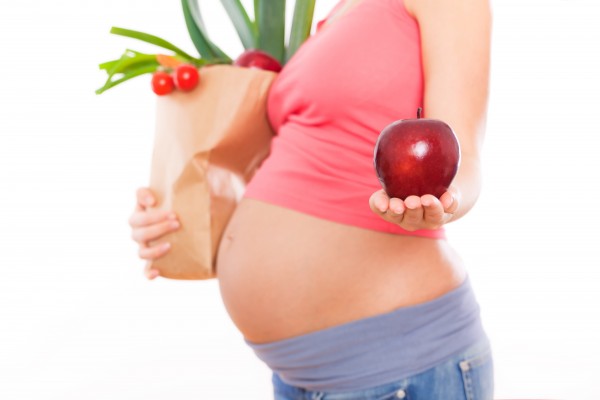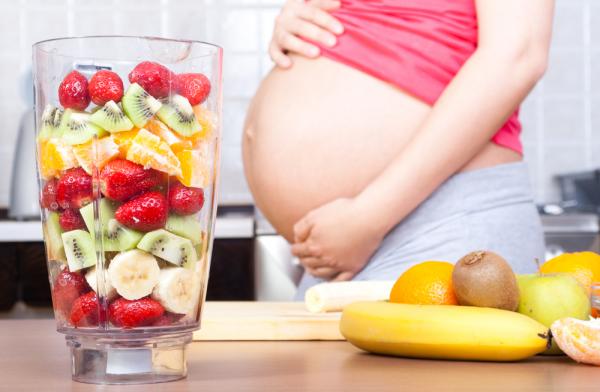Weight Loss Nutrition During Pregnancy
The most important thing to remember is that the idea that you should eat for two is wrong.
When pregnant, you only need an additional 300 calories per day, and generally you don’t need these calories until you are well on your way to the second and third trimesters.
You should avoid skipping meals if possible.
If you do have a habit of skipping breakfast, very likely you will feel more fatigued but ravenous during your pregnancy, which will result in overeating. Be sure that you eat each meal every day.
Remember not to cut your calorie intake during pregnancy.
If you cut it back, there is a strong possibility that your body will not be able to provide the necessary nutrients that your baby needs for his or her growth and development.
Eat Balanced Diet
Diet containing essential nutrients and vitamins are indeed vital to the development of both mother and child.
Vitamins are imperative to the health of a developing baby and the well being of the mother.
Be selective and choose foods that are rich in vitamins and other nutrients as they are a critical part of a healthy pregnancy nutrition plan and supplemental vitamins are necessary as well.
- Pregnancy diet should include plenty of complex and unrefined carbohydrates as they contain important B vitamins, trace minerals, and fiber that are essential to a fit, healthy pregnancy.
- Dairy products which contain calcium will definitely assist in the developing babies teeth and bones.
- If your diet is lacking calcium your body will draw calcium from your bones to meet it’s increased need.
Have your meals regularly
Pregnant women who skip breakfast are more prone to fatigue.
This is also the reason behind overeating during pregnancy.
So make sure that everyday you eat each meal. It is best to eat frequent and small amounts of meals throughout the day instead of eating heavy meals three times a day.
This will minimize dizziness and nausea during the your pregnancy.







